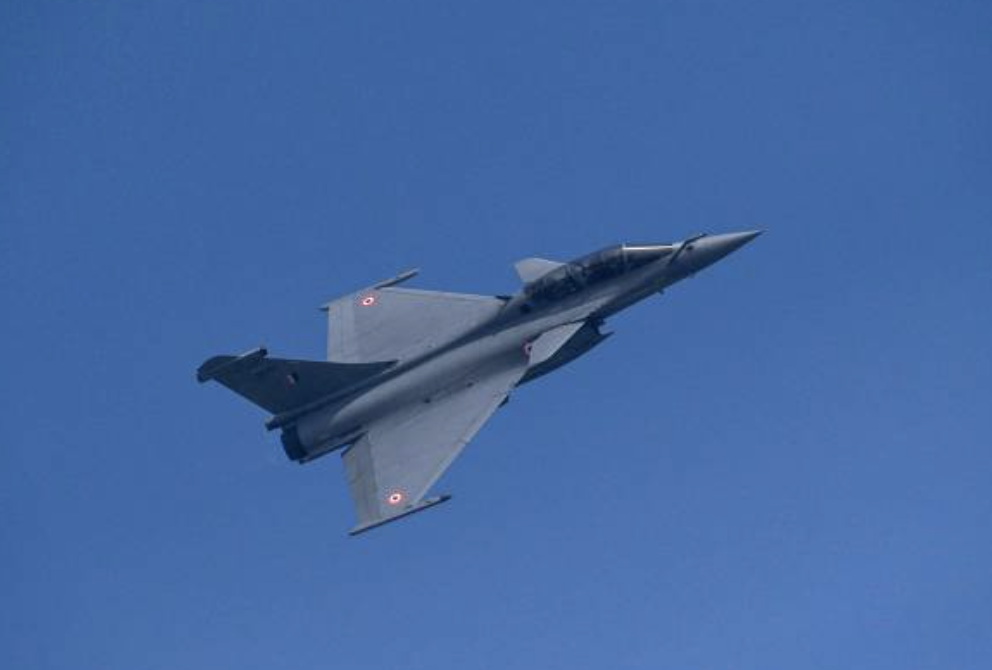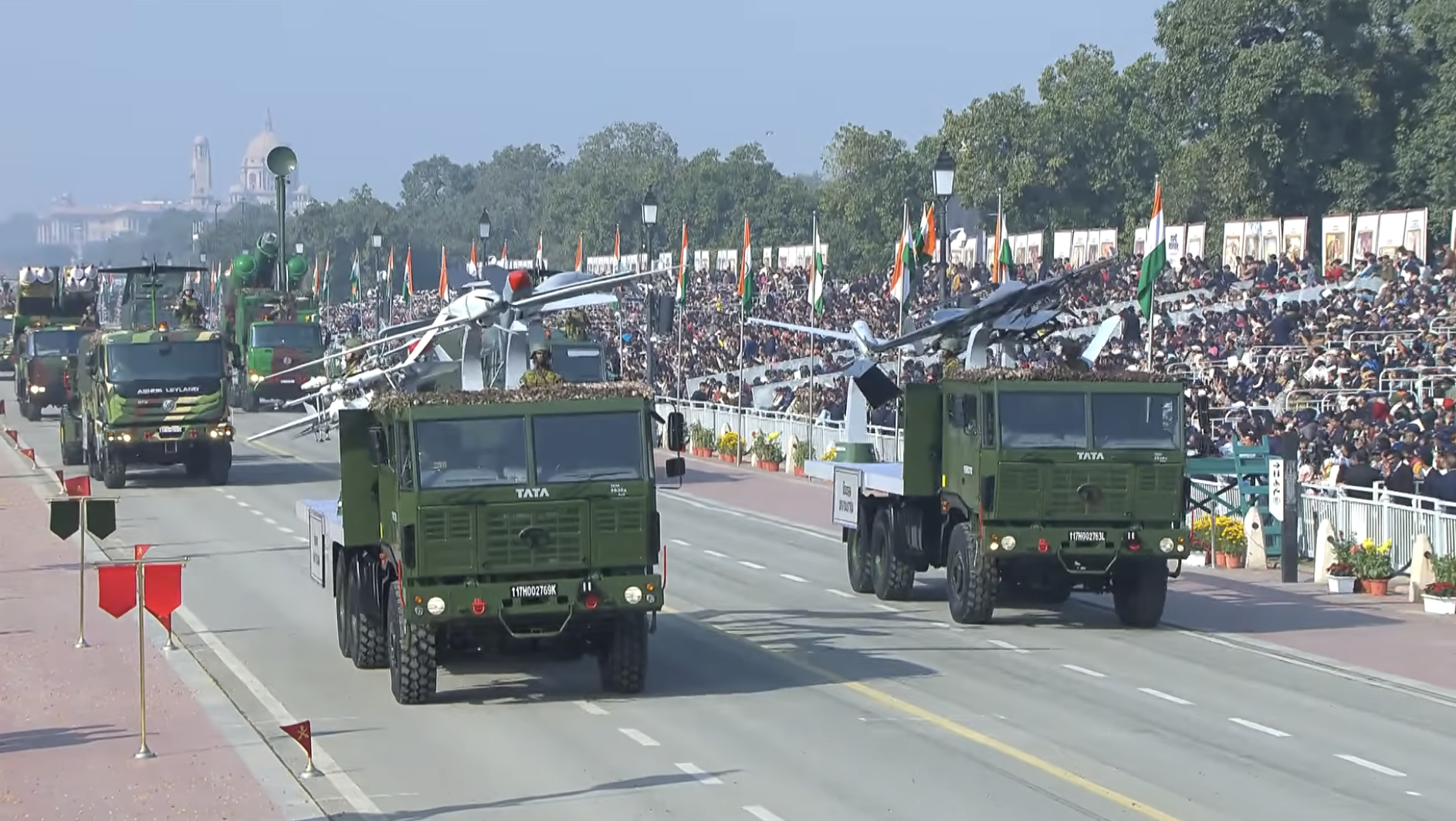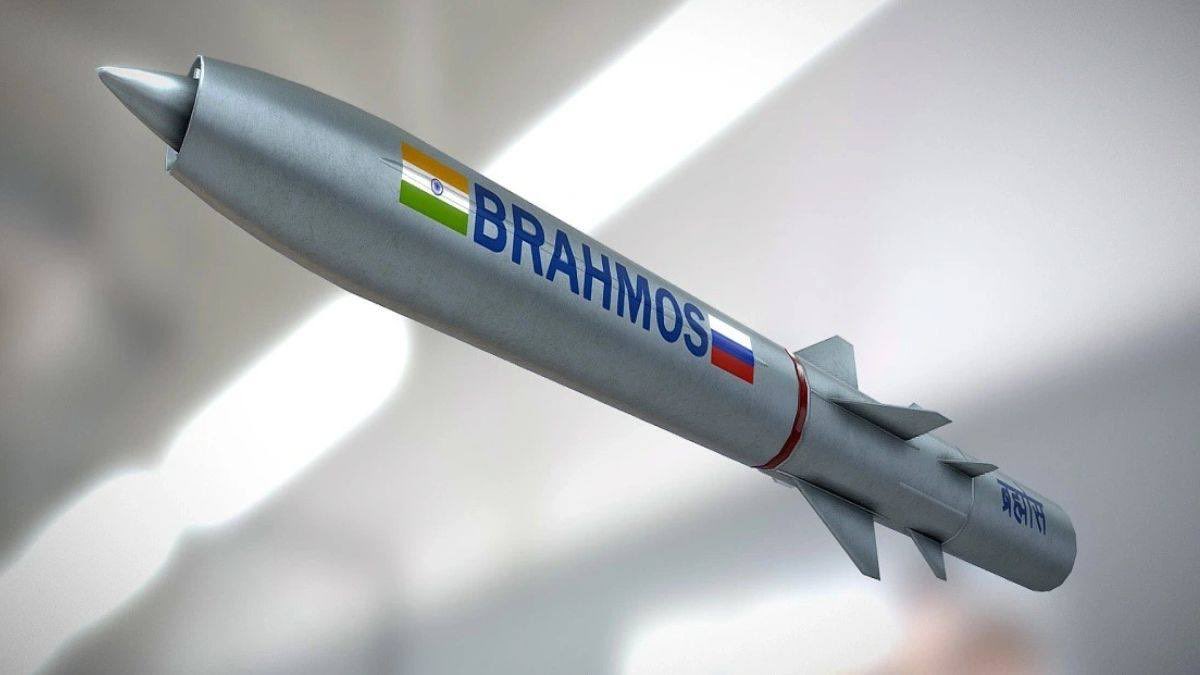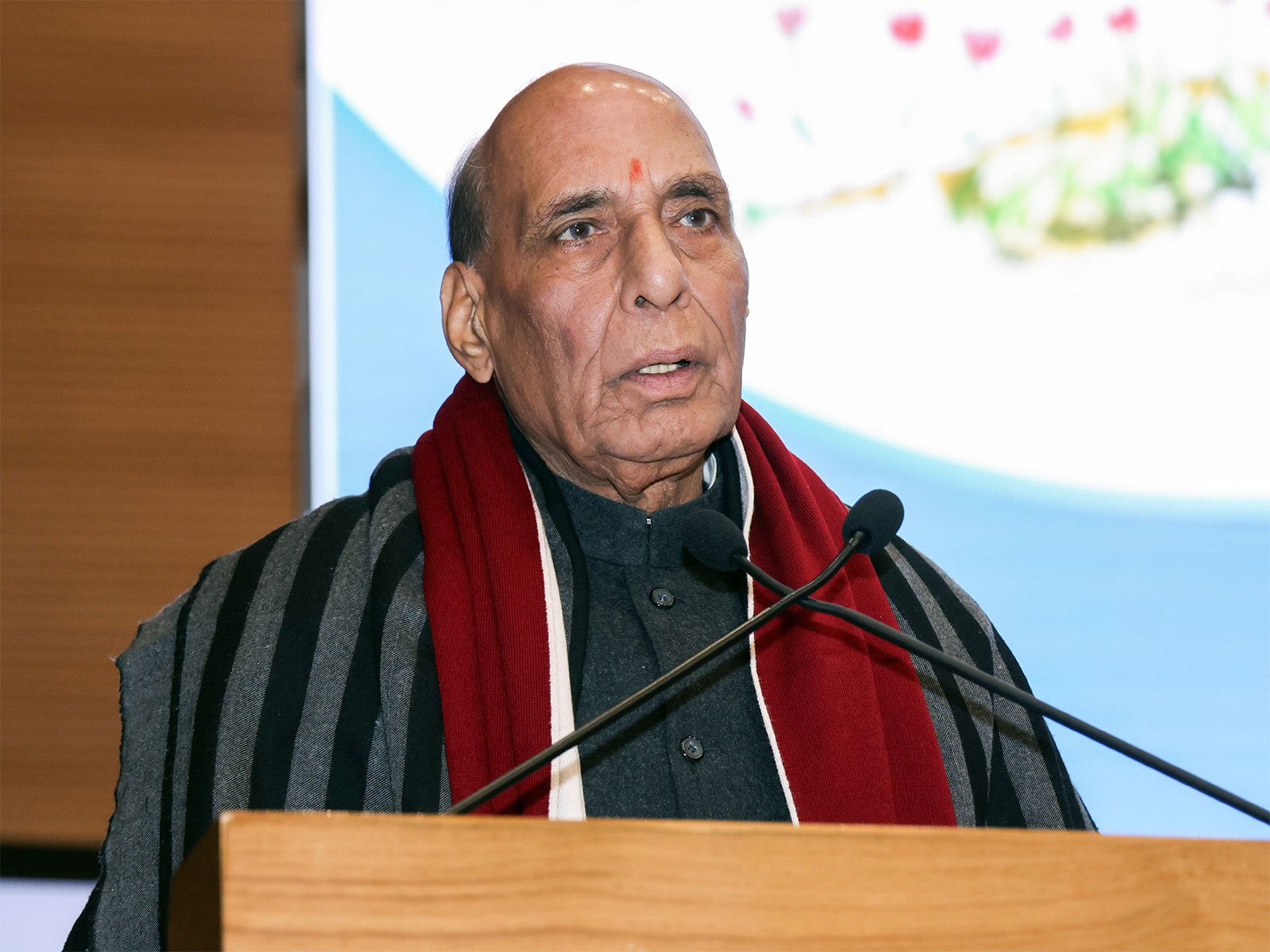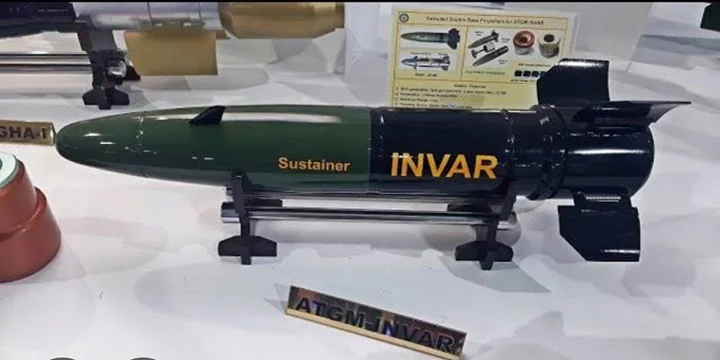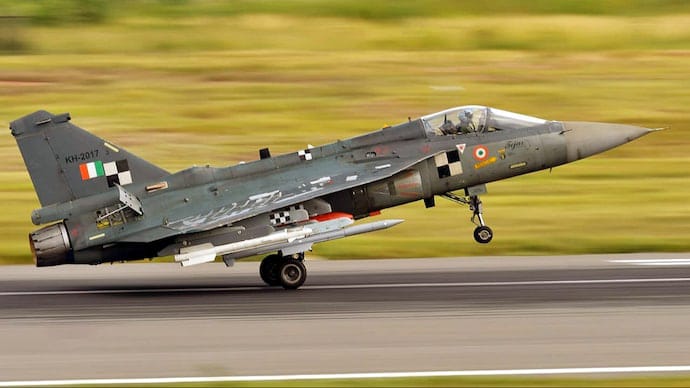
New Delhi: The Indian Air Force moved closer to modernizing its ageing fleet on Wednesday as the Ministry of Defence (MoD) finalized a major procurement contract worth over ₹62,370 crore with state-run Hindustan Aeronautics Limited (HAL) for 97 light combat aircraft (LCA) Tejas-Mk1A fighters.
The timing of the deal carries symbolic weight, coming just one day before the formal decommissioning of the Soviet-era MiG-21 fighter aircraft, which has served as the backbone of India’s air defence for more than six decades. The phase-out marks the end of an era for the fighter that has been involved in numerous conflicts and claimed several pilot lives due to safety concerns.
Tejas-Mk1A specifications and delivery timeline
The contract encompasses 68 single-seat variants and 29 twin-seat trainer versions of the indigenous 4.5-generation multirole combat aircraft. HAL is scheduled to begin deliveries in 2027. The complete delivery order is expected to be fulfilled over six years.
This latest procurement brings the total number of Tejas-Mk1A aircraft on order to 180, following an earlier contract for 83 jets signed in March 2021. The combined orders represent India’s largest indigenous fighter aircraft programme and underscore the country’s push toward defence self-reliance.
Structured under the Buy (Indian-IDDM) category, the deal mandates indigenous design, development, and manufacturing standards. The aircraft must incorporate over 64% indigenous components, with the current iteration featuring 67 additional Indian-origin systems compared to the earlier Mk1A variant.
Key indigenous technologies integrated into the fighter include the UTTAM active electronically scanned array (AESA) radar, Swayam Raksha Kavach electronic-warfare suite, and domestically manufactured control surface actuators. These systems represent significant technological achievements for India’s defence research establishments.
The programme involves approximately 105 Indian companies in the manufacturing supply chain, with production expected to generate nearly 11,750 direct and indirect jobs annually throughout the six-year delivery period.
Engine supply challenges persist
Despite the procurement milestone, the programme continues to face challenges with engine supplies. General Electric Aerospace has delivered only three of the contracted 99 F404-IN20 engines to HAL, with the fourth unit expected in October. The American manufacturer delivered the first engine in March, raising concerns about potential delays to the delivery schedule.
HAL’s chairman and managing director, DK Sunil, indicated at Aero India 2025 that 12 aircraft would be ready for delivery this year, as reported by India Sentinels, although engine availability remains a constraining factor.
Renewed focus on indigenous engine
The supply bottlenecks have intensified calls for developing indigenous jet engine capabilities. The Kaveri engine programme, initially conceived to power the Tejas fighter, was sidelined during the aircraft’s development due to performance shortfalls. However, renewed government funding has been allocated to advance the project.
Current efforts focus on testing a dry variant of the Kaveri engine for unmanned aircraft, while engineers work on a more powerful Kaveri 2.0 version intended for future fighter jets and combat drones. The programme continues to face technical challenges related to materials science and high-temperature metallurgy.
To bridge the technology gap, India is exploring partnerships with international firms to develop next-generation engines incorporating Kaveri-derived technologies.
Deal a ‘crucial step’
Defence analysts view the procurement as a crucial step in India’s aerospace modernization efforts. The Tejas-Mk1A, while not matching the capabilities of latest-generation Western fighters, offers significant advantages in terms of maintenance costs, technology transfer, and strategic autonomy.
The aircraft features modern avionics, beyond-visual-range missile capability, and multi-role functionality that positions it as a substantial upgrade over the MiG-21 fleet. Its indigenous nature also ensures long-term sustainability and reduces dependence on foreign suppliers for critical maintenance and upgrades.
The defence minister, Rajnath Singh, described the contract as “a milestone in India’s journey towards defence self-reliance,” emphasizing the government’s commitment to building domestic aerospace capabilities.
The deal forms part of India’s broader defence modernization programme, which aims to replace ageing Soviet-era equipment with indigenous or jointly developed platforms. With tensions remaining high along disputed borders with China and Pakistan, the air force’s modernization timeline has become increasingly critical for national security planning.

